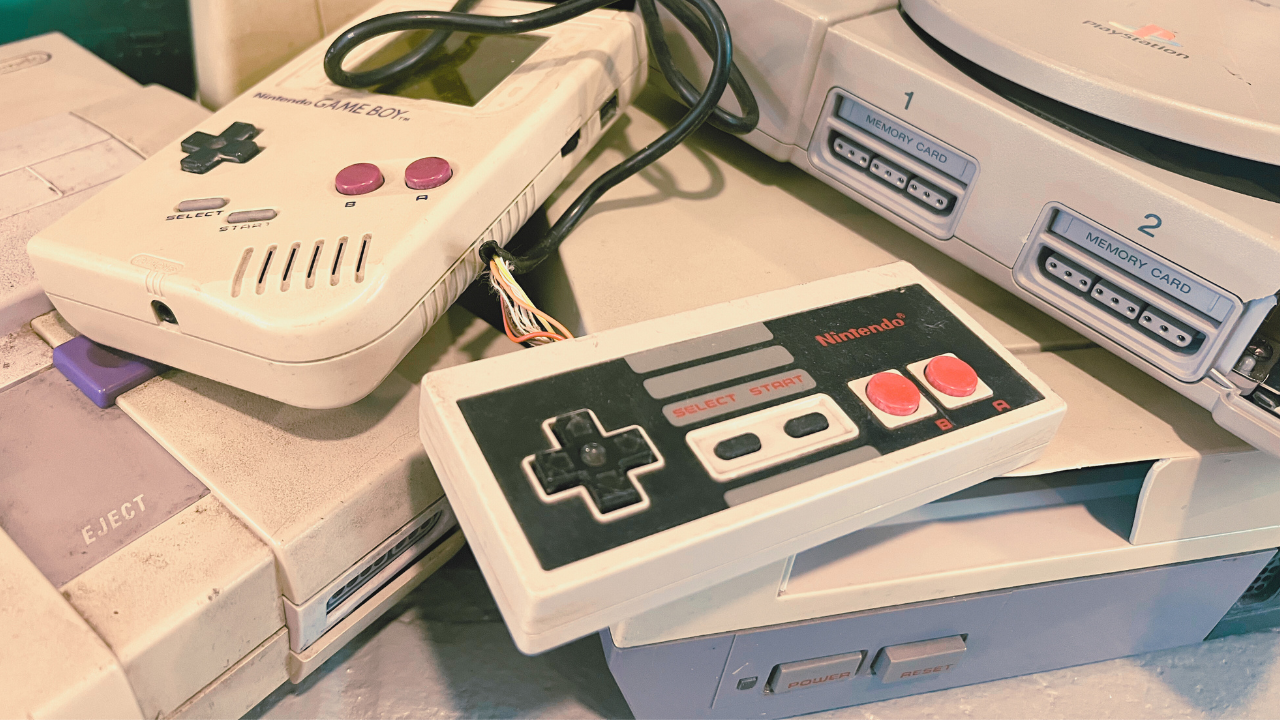

You’re getting downvoted by cryptobros, but you are absolutely correct, there is no good use for block chain and never will be
It’s a fully public database among trustless parties. To the first point, there’s no reason any database can’t be made public if so desired. To the second point, for the block chain to have any meaning or value beyond itself, some authority eventually needs to interpret its contents. That authority might as well hold the database or, in trustless cases, a third party trustee. Nothing about it makes sense at a very base level, you don’t even need to explain the tech because it just doesn’t hold up logically.



Check out https://www.giuspen.net/cherrytree/, lightweight note-taking app with interesting scripting function built in.
Even if that’s not your cup of tea, it has the option to save your notebook to a single sqlite file, so I take that as good enough proof it’ll work for your similar purposes as well.